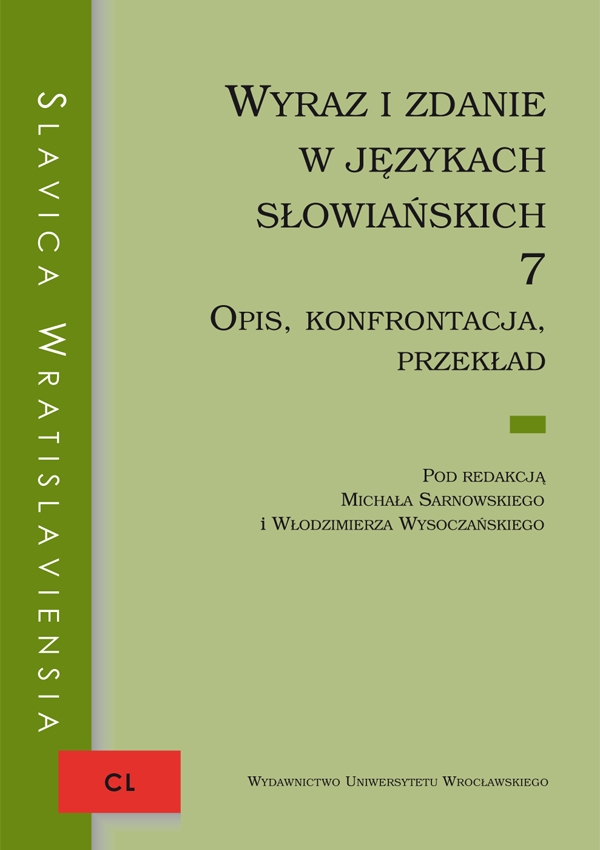

Artykuły

Teaching and learning of Russian language by Roman Catholic clergy in the eastern borders area during partition years
At the end of the 18th century eastern parts of Polish Republic became a part of the Russian Empire. 2/3 of high schools on this area were run by Polish-speaking Roman Catholic clergy. In that new political situation they were expected to teach also Russian language. After 1830 – the lost November Uprising – the Tzar authorities took over the convent schools and as the consequence the clergymen were allowed to teach religion in Polish, and only to Roman Catholic students. The would-be religion teachers were educated in the Theological Academy at Vilnius, which was moved to Petersburg in 1842. Priests and monks were expected to become civil servants loyal to Tzar. Since 1895, according to the rules of the Academy it was forbidden to use Polish language even in silent, individual prayers and recollections. The authorities stressed the education of Russian literature and language, and the graduates had to write theological essays in Latin, but literary and linguistic works in Russian.